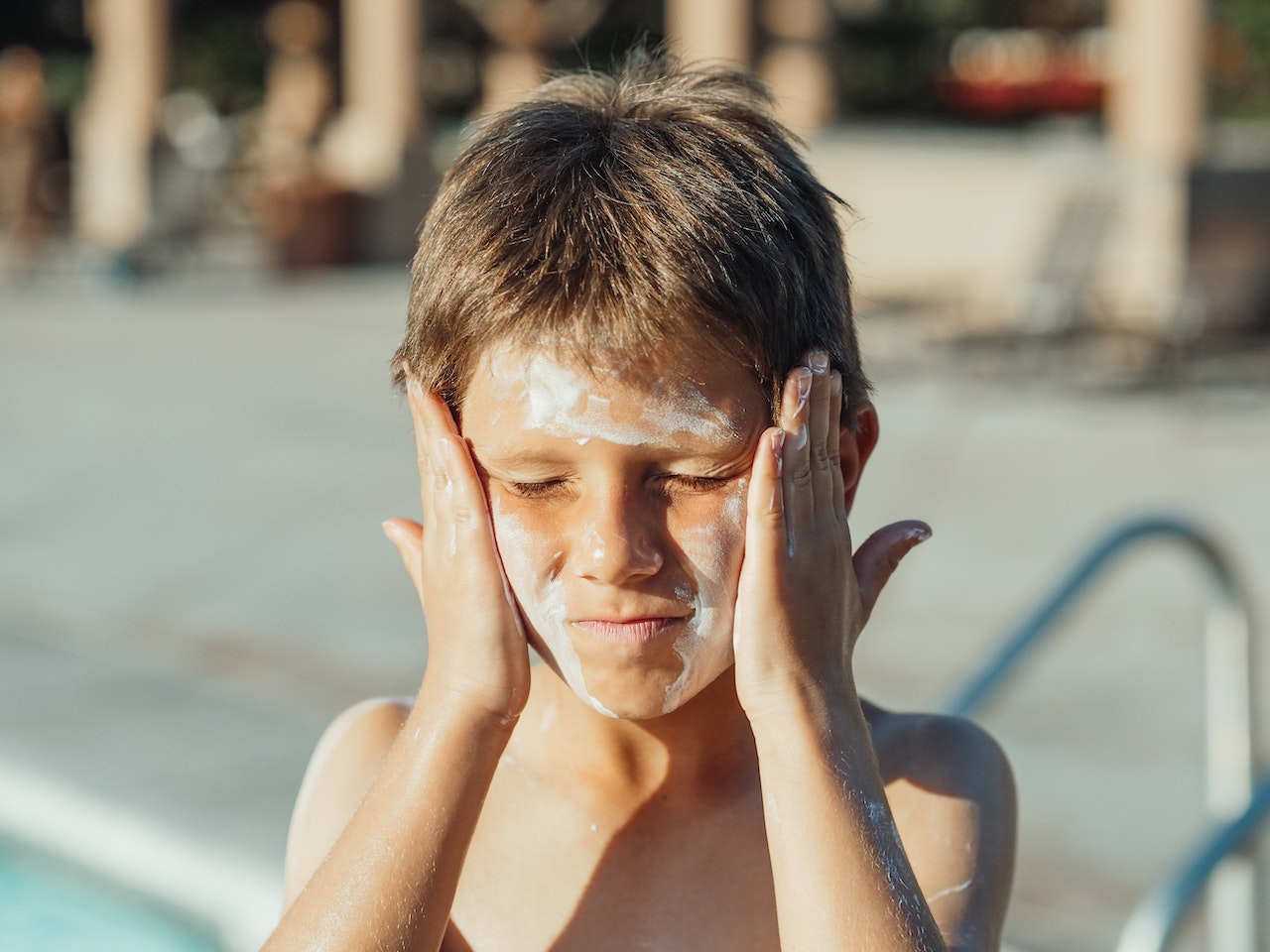Sunlight can enhance your body’s vitamin D production, boost your mood, regulate your immune system and lower blood pressure, among other benefits. But prolonged exposure to sunlight can be harmful, causing painful sunburns and increasing your risk of skin cancer. Such risks are greatest in summer when the sun is higher in the sky and ultraviolet (UV) radiation levels are at their peak.
Properly using sunscreen can reduce your risk of skin cancer and help prevent premature aging and sunburns. According to the Skin Cancer Foundation, using SPF 15 daily can reduce your risk of developing squamous cell carcinoma by about 40% and melanoma by 50%. Sunscreen can also improve the appearance of your skin by reducing the risk of blotchy skin, melasma, hyperpigmentation and other skin conditions that tend to flare up with sun exposure, such as rosacea and cutaneous lupus.
This article provides guidance on the proper use of sunscreen.
Understanding Sunscreen
Sunscreen is a product that can help protect your skin from the sun’s damaging rays. It may come as a spray, lotion, cream or gel. Sunscreen is often labeled with an SPF rating that describes the product’s ability to protect against UV radiation. Two types of UV rays enter the earth’s atmosphere: UVA and UVB. UVA rays cause skin cancer and skin aging; UVB rays cause sunburns and skin cancer. Broad-spectrum sunscreen protects against both types of rays.
Applying Sunscreen
Dermatologists recommend applying sunscreen daily to areas of your body that are exposed to the sun. While this may seem excessive, UV radiation can become harmful after five to 10 minutes of exposure for variations of light skin, according to the National Library of Medicine. Individuals with darker skin may be able to spend a longer time in the sun without damaging their skin due to higher levels of melatonin.
Regardless of skin tone, spending time in the sun without sunscreen can increase your risk of skin cancer. Additionally, research shows you don’t need to be outside to get sun exposure; you may be exposed to damaging sun rays through the windows of your car or home.
Consider the following guidelines for applying sunscreen:
- Apply broad-spectrum SPF 15 daily.
- Use broad spectrum SPF 30 or higher when going outside, even on cloudy days.
- Put sunscreen on all areas of exposed skin.
- Apply sunscreen 30 minutes before going outside.
- Use an ounce of sunscreen for your entire body
- Reapply sunscreen every two hours.
- Reapply sunscreen after sweating or swimming, even if your sunscreen is waterproof.
Sunscreen is essential to protect against skin damage from sun exposure, but it’s not 100% effective. Wear sunglasses and wide-brimmed hats and seek shade whenever possible to prevent skin damage.
Choosing Sunscreen
There are two main categories of sunscreen: chemical and mineral. Chemical sunscreens use active ingredients like octocrylene, homosalate and avobenzone to absorb UV rays before they can damage your skin. Mineral sunscreens rely on minerals, such as zinc oxide and titanium dioxide, to block and scatter UV rays before they can penetrate your skin. Both sunscreens are effective at protecting against the sun’s harmful rays.
Johns Hopkins Medicine reports that mineral sunscreens may be better for people with sensitive skin who may notice a reaction or a stinging sensation associated with chemical sunscreens. Other people prefer chemical sunscreens because of the white cast commonly left by mineral sunscreens, especially on people with darker skin. Skin experts recommend choosing the sunscreen you will most likely use.
Conclusion
The warm summer sunshine can be tempting after a cold or overcast winter, but exposure to the sun’s rays can cause permanent skin damage in just 10 minutes. Sunscreen is crucial to protect your skin against dangerous UVA and UVB light, which could otherwise cause skin cancer, premature aging and exacerbate other skin conditions. Whether you choose mineral or chemical sunscreen, be sure to apply it regularly and reapply every two hours you’re outdoors.
© 2023 Zywave, Inc. All rights reserved.
Need a Summer Nanny?
We are here to help, even for just applying sunscreen to the little ones. We specialize in in-home care, and our professional, experienced caregivers can help with drop-off and pickup for camp or community classes, and after-camp care.
Contact us at (518) 348-0400 to get help with babysitting, housekeeping, pet sitting, and more!

